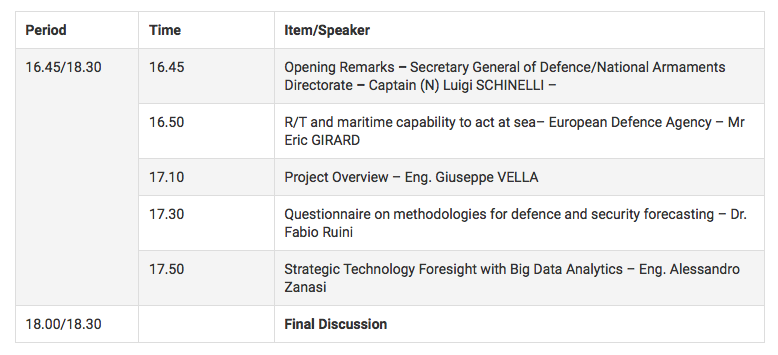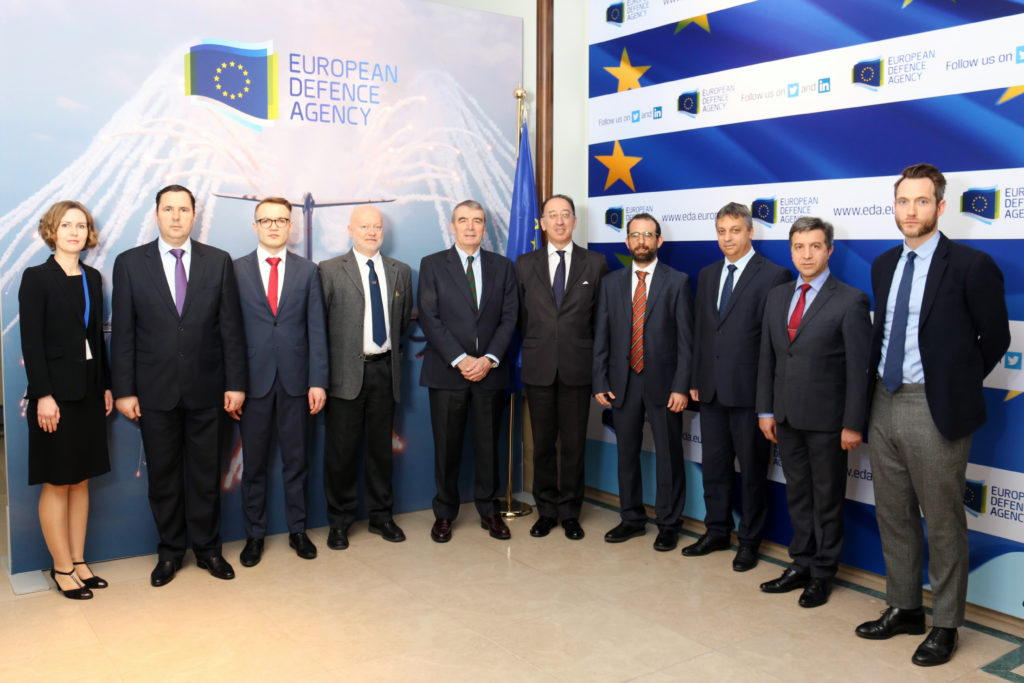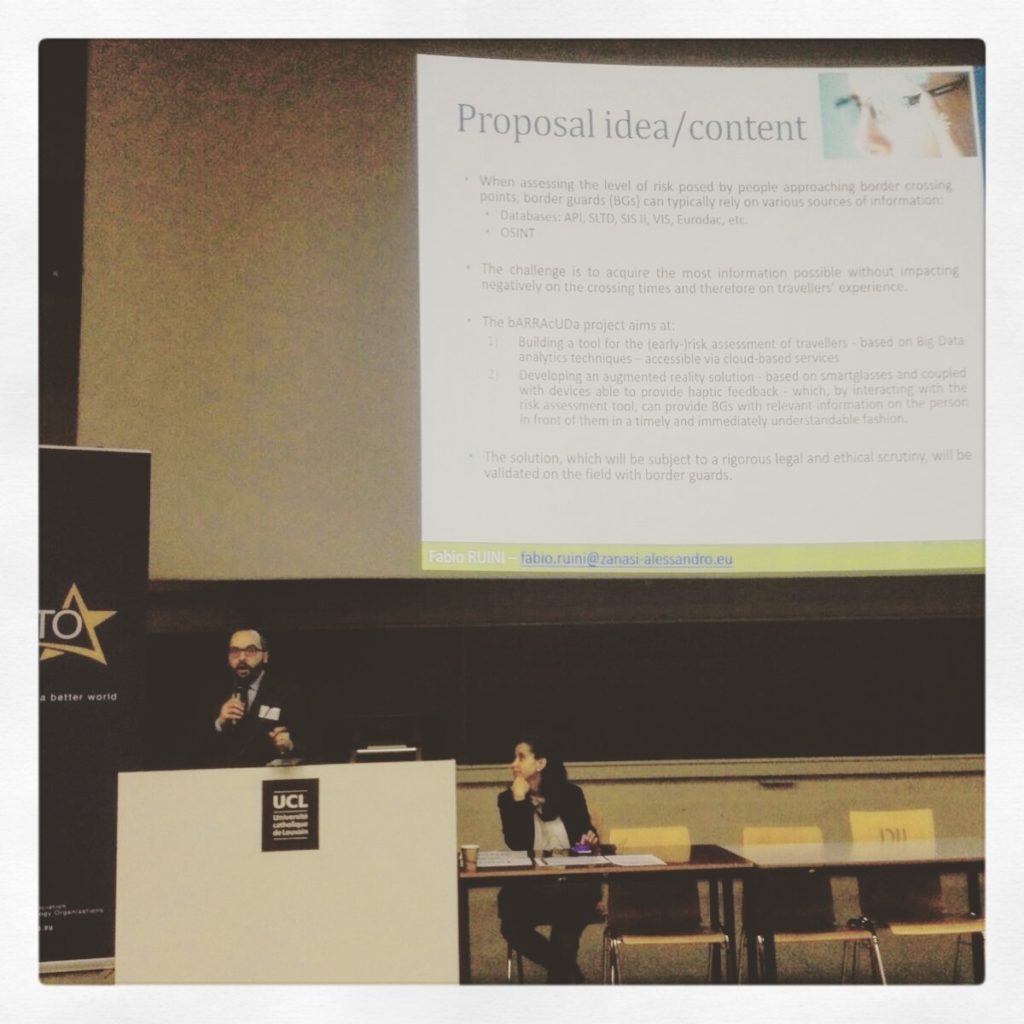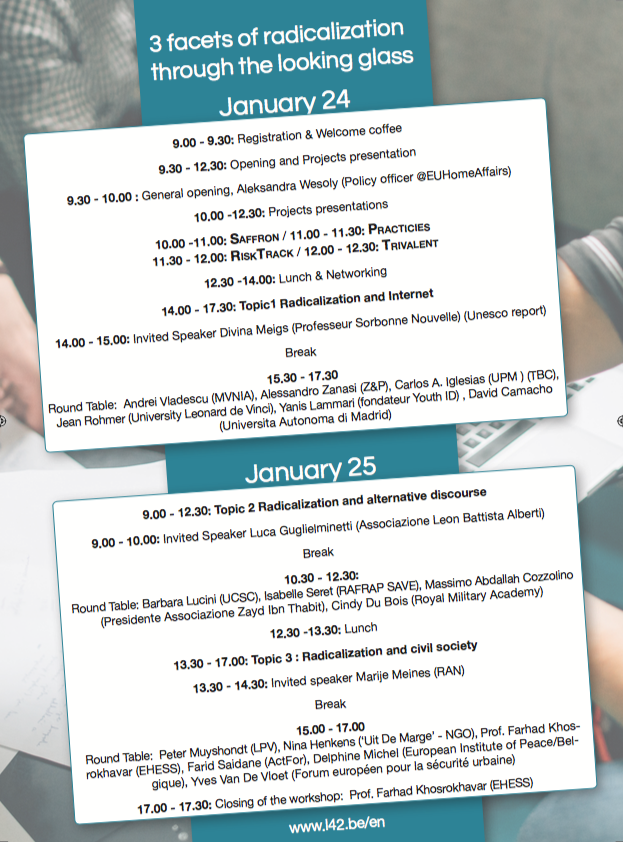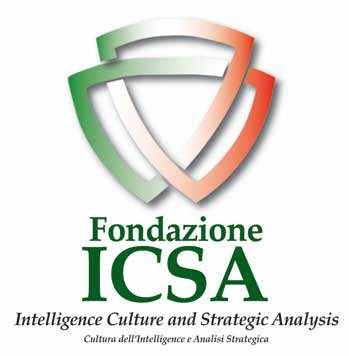TRESSPASS project – Kick-off meeting (press release)
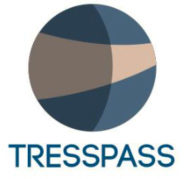
PRESS RELEASE
EU border security: Zanasi & Partners participates in a new research project funded by the European Commission
MODENA, 25/06/2018 – In the face of an increasing number of travellers, migration flows and terrorist threats exert an unprecedented pressure on the European authorities in charge of border control activities. The TRESSPASS project, through which Europe aims to ease this scenario, started in Athens on the last June 8th, run by a consortium that includes Zanasi & Partners, an Italian research and advisory company specialised in the fields of security and defence.
The aim of TRESSPASS, funded by the European Commission through the programme Horizon 2020, is to develop an innovative model for the EU border management based on the real-time risk assessment of travellers, with the goal of increasing the border security of Member States. The proposed approach is focused on the assessment of the risk posed by individual travellers by using dedicated risk indicators, whose value can be calculated through the use of technologies and processes developed by the partners of the project. Depending on the estimated risk level, it will be possible to adapt the intensity of the controls to which each traveller will be subject. This measure will enable authorities to maintain the desired security level and reduce the operational costs without undermining trust and satisfaction of travellers. Crucial to the implementation of this model will be the development and integration of enabling technologies – from web intelligence systems and behavioural analysis to identification and monitoring techniques for people and baggage – activities that will however occur within a rigid framework of ethical and legal nature.
Zanasi & Partners has be given the responsibility to interface with the stakeholders and define the indicators needed for performing the risk assessment. Thanks to the experience acquired in TRESSPASS, the company aims at enriching its offer in the field of border control, which is already composed of services such as:
- Protection of rail, port and airport infrastructures from electromagnetic attacks, as well as from cyber, nuclear and radioactive threats;
- Contrast to the illegal trade of hazardous waste;
- Improvement of the border patrol performance by relying on the human factor;
- Training of border patrol to the use of Open Source Intelligence techniques (OSINT).
Active in Europe, Middle East and North Africa, Zanasi & Partners has also a broad expertise in big data analytics, cyber-security/cyber-defence, social media monitoring, risk assessment and strategic use of technologies.
The TRESSPASS project, which will last 42 months and have an overall budget of around 8 million euro, is coordinated by the National Centre of Scientific Research “Demokritos”, an important Greek multidisciplinary research centre. Amongst the other members of the consortium, composed of 22 organisations from 10 different European countries, there are multinational and small specialised companies, as well as universities and research institutes, port and airport operators and border authorities of EU Member States.
TRESSPASS project
For further information on the TRESSPASS project: https://www.iit.demokritos.gr/project/tresspass
Zanasi & Partners
Zanasi & Partners (Z&P) is a research and advisory company in the field of security and defence based in Modena. Its expertise includes big data analytics, cyber-security/cyber-defence, social media monitoring, threat, vulnerability and risk assessment. Among its clients, Z&P counts European Commission, ESA, ENISA, FRONTEX, CIRA, Siemens, GEDI Gruppo Editoriale, Booz&Co, as well as several ministries and government agencies falling under European countries and the MENA region.
For further information on Z&P: https://www.zanasi-alessandro.eu
COMUNICATO STAMPA
Sicurezza delle frontiere UE: Zanasi & Partners partecipa a nuovo progetto di ricerca finanziato dalla Commissione Europea
MODENA, 25/06/2018 – Flussi migratori e minaccia terroristica, a fronte di un numero sempre maggiore di viaggiatori, esercitano una pressione senza precedenti sulle autorità adibite ai controlli di frontiera. Il progetto TRESSPASS, con cui l’Europa si propone di fronteggiare questo scenario, ha preso il via ad Atene lo scorso 8 giugno da un consorzio di cui fa parte Zanasi & Partners, società italiana di ricerca e consulenza in materia di sicurezza e difesa.
L’obiettivo di TRESSPASS, finanziato dalla Commissione Europea tramite il programma Horizon 2020, è quello di sviluppare un modello innovativo per la gestione dei confini UE, basato sulla valutazione del rischio, al fine di rendere più sicure le frontiere dei Stati Membri.
L’approccio proposto è incentrato sulla valutazione del rischio rappresentato dai singoli viaggiatori utilizzando appositi indicatori di rischio, il cui valore viene calcolato tramite il ricorso a tecnologie e processi sviluppati dai partner del progetto. A seconda del livello di rischio stimato, sarà possibile adattare l’intensità dei controlli a cui ciascun viaggiatore sarà sottoposto, affinché le autorità possano mantenere il livello di sicurezza desiderato e ridurre i propri costi operativi senza minare fiducia e soddisfazione dei viaggiatori. Fondamentale per la messa in pratica di tale modello sarà lo sviluppo e l’integrazione di tecnologie abilitanti – da sistemi di web intelligence e analisi comportamentale a tecniche di individuazione e monitoraggio di persone e bagagli – attività che avverranno tuttavia entro un rigida cornice di carattere etico e legale.
A Zanasi & Partners è affidata la responsabilità di interfacciarsi con gli stakeholder e di definire gli indicatori necessari alla valutazione del rischio. Grazie all’esperienza acquisita in TRESSPASS, l’azienda punta ad arricchire la propria offerta in ambito di “border control”, già composta da servizi quali:
- Protezione di infrastrutture ferroviarie, portuali e aeroportuali da attacchi elettromagnetici, minacce cyber e nucleari/radioattive;
- Contrasto al traffico illecito di rifiuti pericolosi;
- Miglioramento delle performance delle guardie di frontiera facendo leva sul fattore umano;
- Addestramento delle guardie di frontiera all’utilizzo di tecniche di Open Source Intelligence (OSINT).
Attiva in Europa, Medio Oriente e Nord Africa, Zanasi & Partners vanta competenze anche in materia di big data analytics, cyber-security/cyber-defence, social media monitoring, risk assessment ed uso strategico delle tecnologie.
A guidare il progetto TRESSPASS, che avrà una durata di 42 mesi e beneficerà di un budget complessivo di circa 8 milioni, è il National Centre of Scientific Research “Demokritos”, centro di ricerca multidisciplinare greco. Tra gli altri membri del consorzio, composto da 22 organizzazioni provenienti da 10 paesi europei, vi sono società multinazionali e piccole aziende specializzate, università e istituti di ricerca, operatori portuali ed aeroportuali e autorità di frontiera di Stati Membri dell’UE.
Progetto TRESSPASS
Per ulteriori informazioni sul progetto TRESSPASS: https://www.iit.demokritos.gr/project/tresspass
Zanasi & Partners
Zanasi & Partners (Z&P) è una società di ricerca e consulenza in materia di sicurezza e difesa di sede a Modena. Tra le proprie competenze: big data analytics, cyber-security/cyber-defence, social media monitoring, threat, vulnerability e risk assessment.
Z&P annovera tra i suoi clienti: Commissione Europea, ESA, ENISA, FRONTEX, CIRA, Siemens, GEDI Gruppo Editoriale, Booz&Co, oltre a diversi ministeri ed agenzie governative facenti capo a Paesi europei, mediorientali e nordafricani.
Per ulteriori informazioni su Z&P: https://www.zanasi-alessandro.eu





